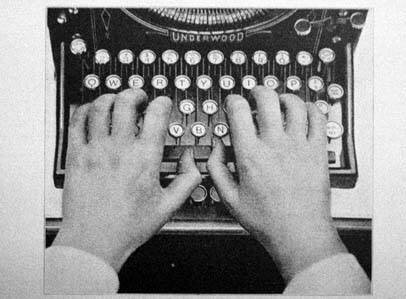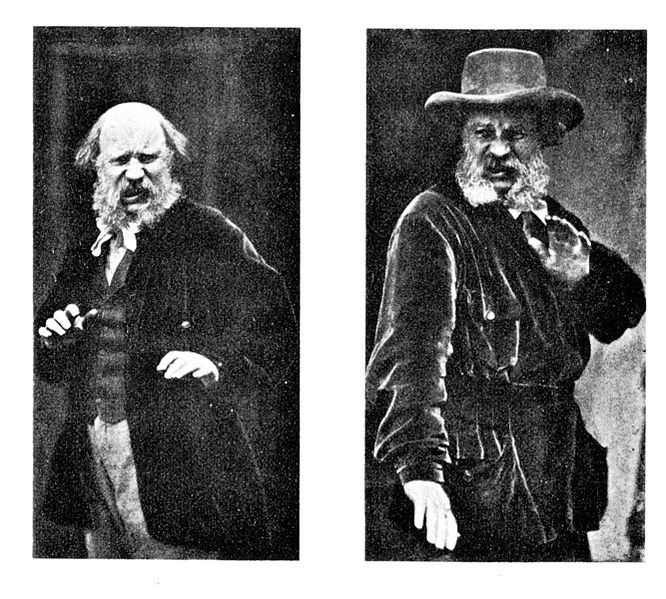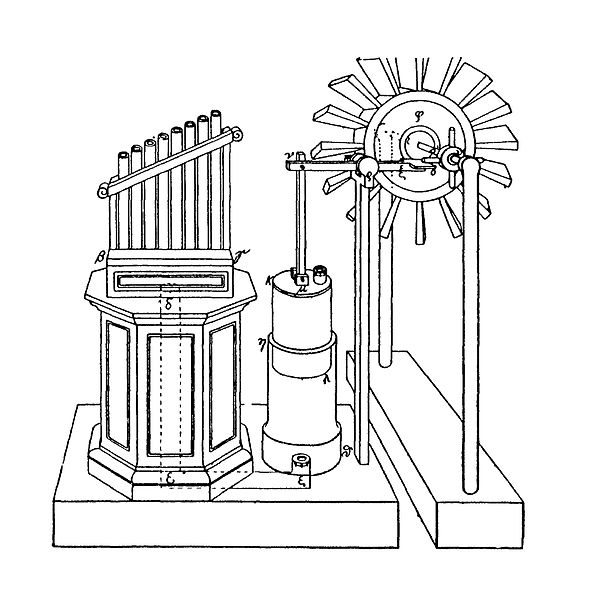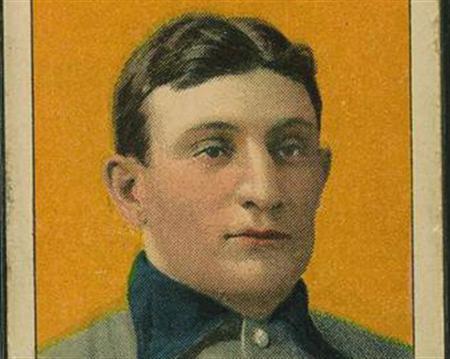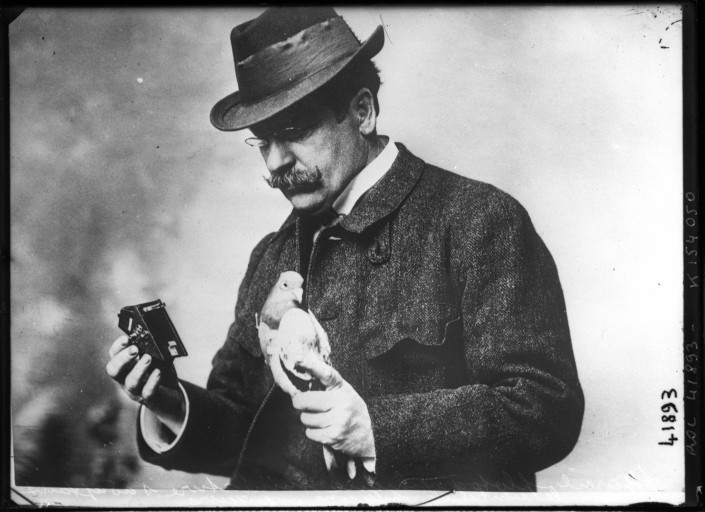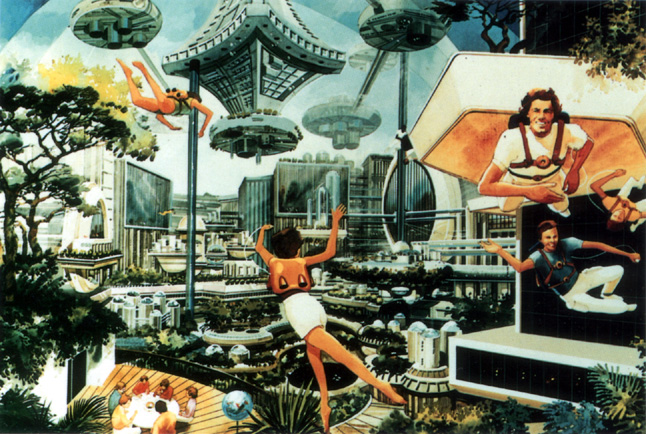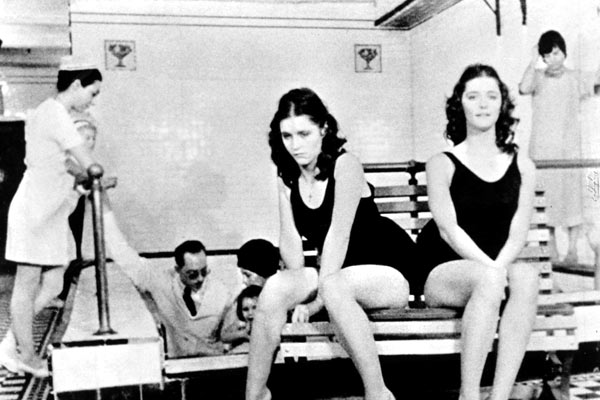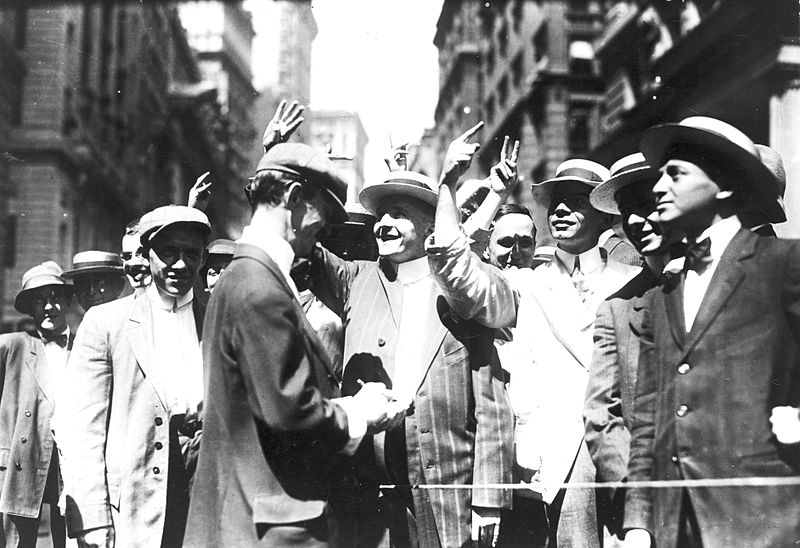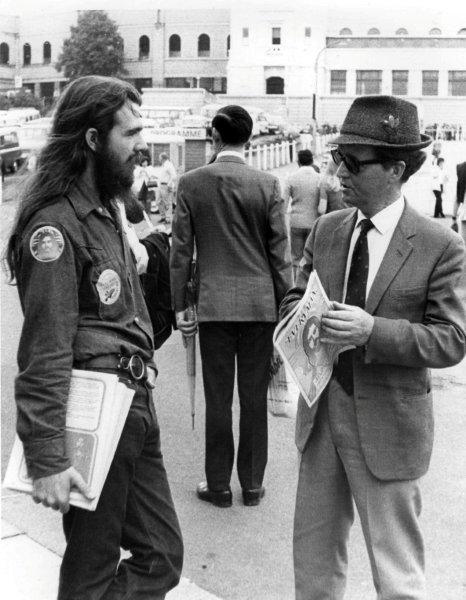
“On his lands there live men and women of striking physique and charm of face.”
A wealthy Russian man founded a utopian farm in which beautiful people and only beautiful people were collected to be entered into arranged marriages in the hopes that perfection would be perpetuated. The opening of a September 18, 1904 New York Times article:
“Reshetnikoff, a wealthy distiller of Northeast Russia, is a man with a fad. He believes that the human race, by judicious mating, can be brought to a state of physical perfection, and on his great estate near Perm he is doing what he can to prove his theory. Just as extreme speed and symmetry is developed by the breeder of horses, or as the horticulturist brings his plants and the florist his blooms to the highest possible degree of usefulness and beauty, it is his aim to give to the world a type of men and women who shall be flawless in strength and shapeliness.
Throughout all Russia he is known as the ‘man with a beauty farm.’ He is giving his time to the demonstration of his chosen task without stint, and spending his money with a freedom which would in itself insure notice. More than that, he has already proved to a large degree that he is justified in the stand he has taken, for on his lands there live men and women of striking physique and charm of face.
As a matter of fact the end for which he is striving is one which would probably be speeded by the thinking people of the world by every means in their power if it were not for an obstacle which others believe to be insurmountable and which he affects to ignore. This obstacle is affection. Since order was evolved from chaos and the waste places of the earth were populated, reason has entered but little into the matching of man and maid. The strong have loved the weak and the ugly have won the hearts of the beautiful. Those who have watched the work undertaken by the Russian distiller take these things into consideration in refusing actively to undertake the propagation of his cult. They know the futility of the fight he is making.

“Deformed and diseased persons are not permitted to find a home on the estate.”
The eyes of Europe were recently centered on the Reshetnikoff estate by a remarkable marriage arranged by him–a marriage which marks the passing of at least one milestone in the journey toward perfection which he has undertaken for the unbuilding of humanity. The bride and the bridegroom were ‘nurslings’ of his beauty farm, the first couple, both of whom had sprung from unions arranged by him.
That the bride was as nearly the ideal of physical womanhood as could be found by the most extended search, and that the bridegroom was as strong and handsome as could be desired, was admitted by all who saw them. But that their offspring would meekly accept at maturity the men or women selected as best qualified for the perpetuation of their strength and comeliness was not so readily granted.
‘That is the weak link in M. Reshetnikoff’s chain,’ said a scientist who is deeply interested in the ideal the distiller has set out to achieve. ‘His labor is doomed to be lost. Suppose a boy is born of this marriage who represents all that the patron of the parents hopes for. When that boy grows to be a man he is just as apt as not to choose a little, lop-sided woman for a wife as he is to select the kind of mate M. Reshetnikoff would have him take, and the care and thought which were embodied in him would be thrown away. The marriage is fortuitous. That is all. As long as there are men and women they will choose for themselves. His dream is Utopia, impossible of fulfillment.’
The Russian distiller has for many years attracted to his estate handsome giants of both sexes by means of concessions of lands and valuable privileges. Further grants of land encouraged them to enter the state of matrimony. All expenses of marriages are paid, and an annuity is given of $15 for every child born. In the event that marriages are arranged by the distiller, and the parties selected refuse to carry out the arrangements, they are deported. Deformed and diseased persons are not permitted to find a home on the estate.”

